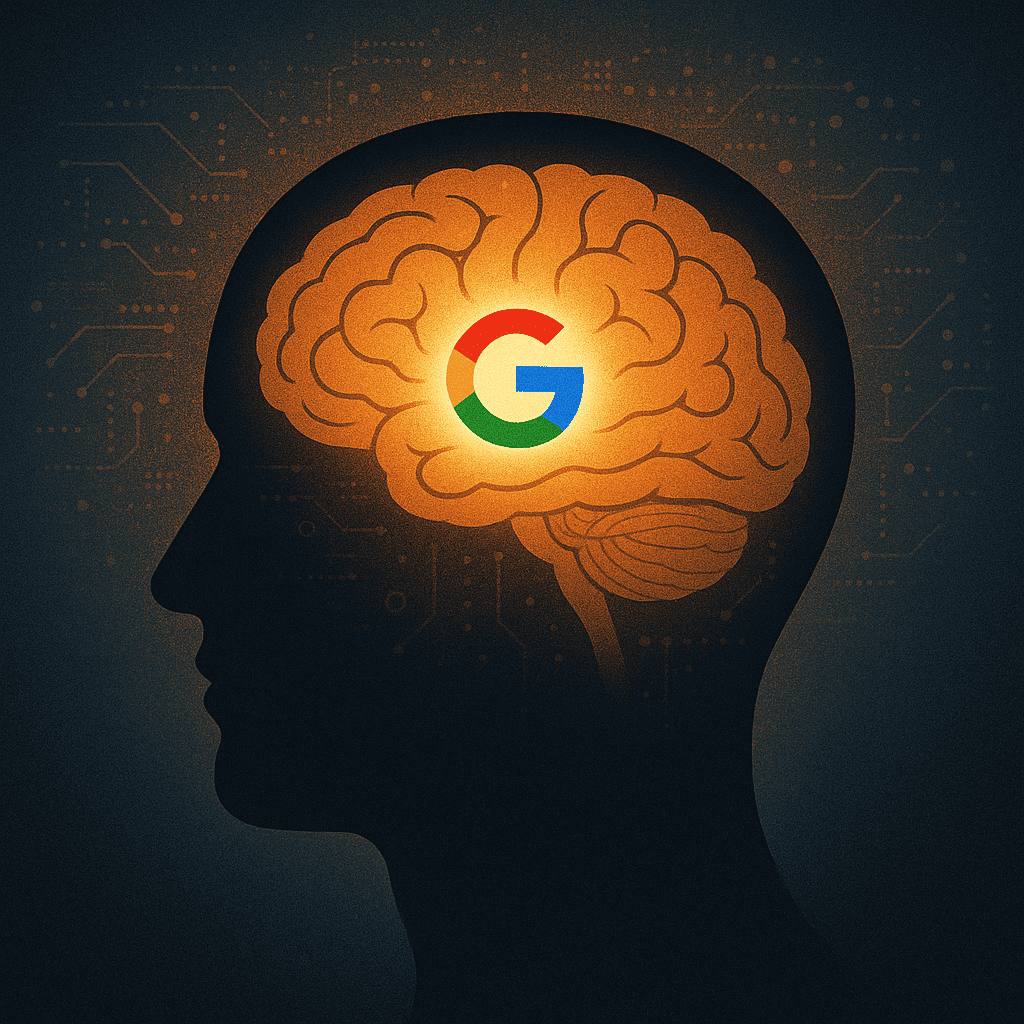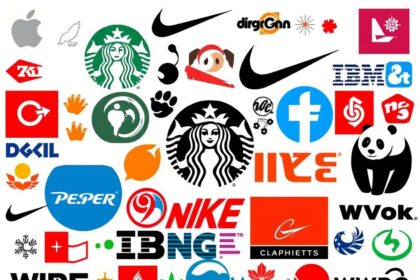Every day, billions of people type questions, search addresses, or store private data on Google without hesitation. Rarely do we pause to question whether the information will be accurate or if our privacy is safeguarded. This automatic reliance is no accident. It is the product of carefully nurtured brand trust, reinforced by consistent performance, cultural presence, and psychological cues. Understanding why people instinctively trust brands like Google reveals critical lessons for entrepreneurs and business leaders looking to build enduring consumer loyalty.

The Psychology Behind Instant Trust
Trusting a brand without conscious thought is rooted in cognitive shortcuts. Behavioral economists call this heuristics, mental rules of thumb that simplify decisions. Instead of analyzing whether every Google search is reliable, the brain recalls years of consistent results and assumes dependability.
A 2023 Edelman Trust Barometer report found that 67% of global consumers say trust is a top factor in deciding what brands to buy from or use. In Google’s case, three key psychological elements are at play:
- Repetition breeds familiarity: Daily usage reinforces comfort and habit.
- Authority signaling: Being the dominant search engine makes Google the “default expert.”
- Consistency of experience: Predictable, high-speed results strengthen trust.
This trifecta reduces cognitive load and allows users to trust instinctively rather than evaluate each interaction.
How Google Earned Global Trust
Trust does not happen overnight. Google built its reputation over decades by aligning technology, culture, and communication. Several strategies stand out:
- Reliability at scale: Google delivers over 8.5 billion searches daily (Statista, 2023). Outages are rare, reinforcing perceptions of stability.
- Simplicity of design: The uncluttered homepage communicates clarity and neutrality, even if behind the scenes algorithms shape results.
- Cultural embedding: “Google it” entered the Oxford English Dictionary in 2006, reflecting brand integration into daily language.
- Perceived neutrality: Despite debates on bias, users still view Google as more objective than competitors like Bing or Baidu.
By combining technological strength with cultural ubiquity, Google positioned itself as indispensable rather than optional.
The Role of Data and Transparency in Trust
Modern trust goes beyond functionality, it hinges on data responsibility. A 2022 PwC survey showed 83% of consumers will stop engaging with a brand if they lack trust in its data handling. While Google faces ongoing scrutiny around privacy, the brand retains loyalty by emphasizing tools like “My Activity” and account transparency features.
This illustrates a paradox: consumers demand privacy yet willingly trade personal data when the perceived value is high. Google’s ability to maintain this balance is a masterclass in brand trust management.

Lessons for Entrepreneurs and Business Leaders
For startups and established companies alike, the question is clear: how can you build the kind of unconscious trust Google commands? Key takeaways include:
- Deliver consistency: Reliability is the foundation of trust. Missed deadlines or inconsistent service erode credibility quickly.
- Simplify experiences: A clear, frictionless customer journey fosters confidence.
- Embed culturally: Align brand identity with everyday life, from language to rituals.
- Communicate responsibility: Especially around data, sustainability, and ethics, transparency earns loyalty.
Consider Patagonia, which built trust by transparently sharing supply chain practices, or Apple, which cultivates trust through seamless product ecosystems. Each shows that brand trust is not industry-specific, it is behavioral.
The Future of Brand Trust
As AI, blockchain, and decentralization transform industries, consumers will continue to demand both utility and responsibility. Tomorrow’s most trusted brands will not only deliver flawlessly but also prove their values in real time. Companies that fail to align reliability with ethics risk rapid erosion of consumer faith, no matter their size.
Entrepreneurs must remember: trust is not a marketing slogan but a lived experience. If Google shows anything, it is that when you earn trust repeatedly and embed yourself in culture, consumers will trust you without thinking.






